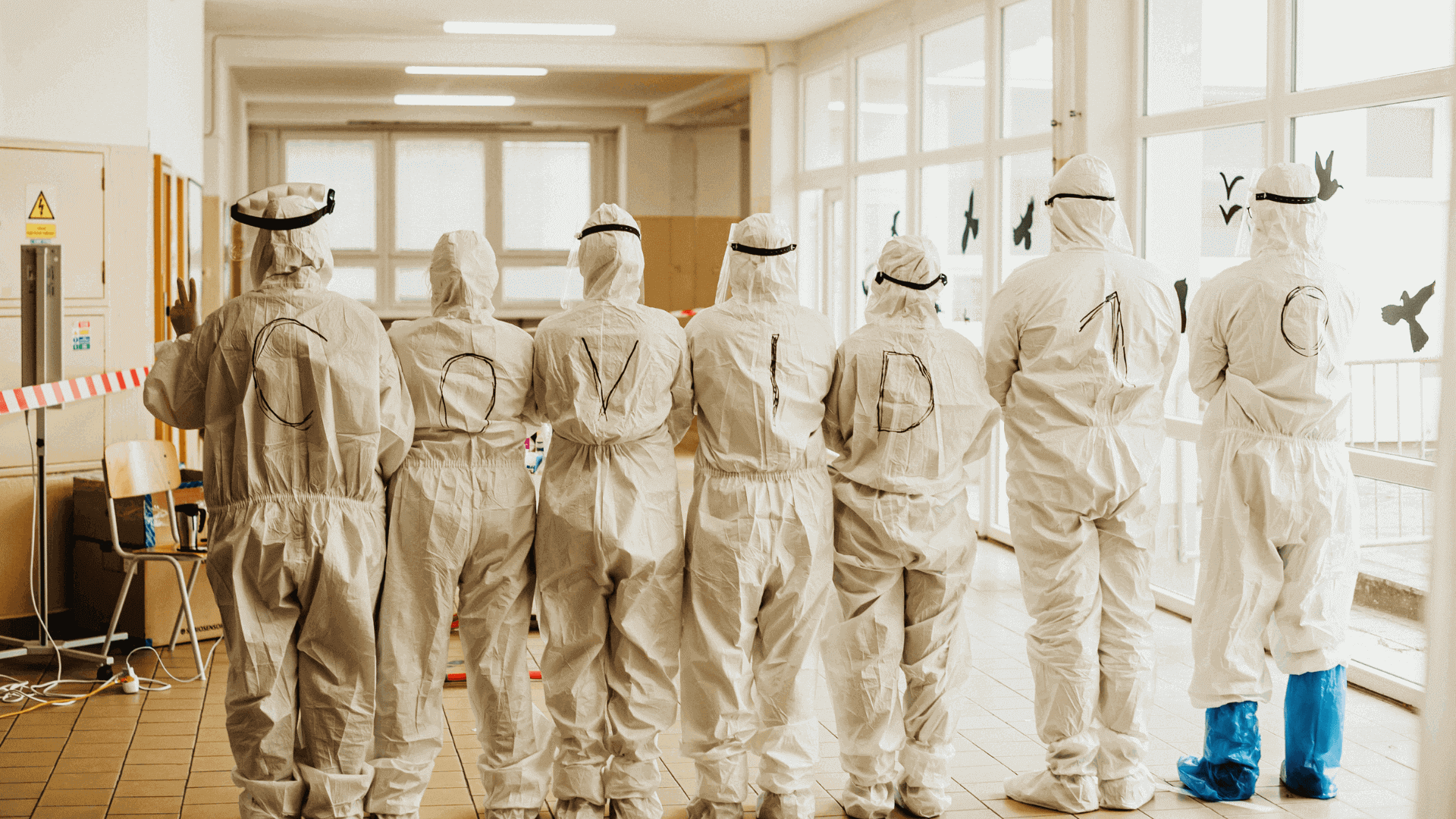The Coronavirus pandemic also known as COVID-19 pandemic has brought significant changes to various industries around the world. Cleaning business industry has been greatly affected in this matter. As the virus continues to pose a threat, many businesses including cleaning businesses, and individuals have had to adapt to new sanitization standards to ensure the safety and well-being of employees, clients and customers. In this blog post, we will explore the impact of COVID-19 on the cleaning business services industry in the Philippines, highlighting the challenges faced and the innovative solutions implemented.
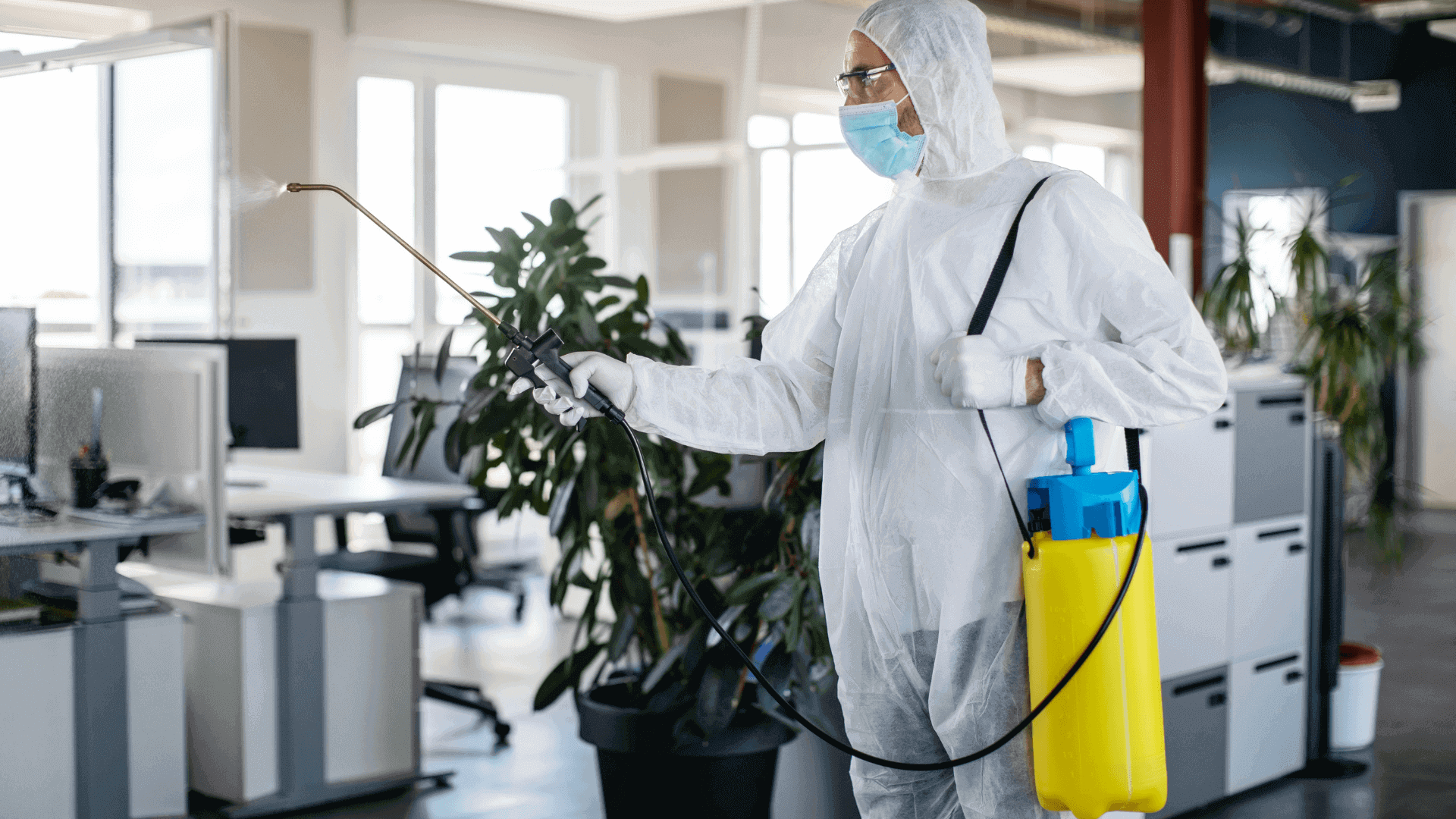
The challenge faced by the cleaning industry in the beginning of pandemic
When it comes to deep cleaning, the COVID-19 pandemic has created various obstacles. Here are several concerns that may happen during the pandemic’s deep cleaning:
1. Cleaning supply shortage: Due to the increased demand for cleaning supplies, certain goods, such as disinfectant sprays and wipes, may be in limited supply. This can make cleaning and disinfecting surfaces difficult.
2. Concerns for cleaners’ safety: Deep cleaning necessitates close contact with surfaces, which can expose cleaners to the virus. To ensure cleaner safety, proper protective equipment and training are required. Employee shortages is also happening due to lockdown that resulted of not having enough cleaners for the task.
3. Disinfection of high-touch surfaces: It’s important to focus on disinfecting high-touch surfaces, such as door handles, light switches, and countertops, to prevent the spread of the virus. However, it can be challenging to identify all high-touch surfaces and ensure they are properly disinfected.
4. Time-consuming process: Deep cleaning is a time-consuming process that requires attention to detail. With the added need for disinfection during the pandemic, deep cleaning can take even longer, which can be challenging for homeowners and businesses.
5. Cost: Deep cleaning can be more expensive than regular cleaning due to the additional time and supplies required. This can be a barrier for some homeowners and businesses due to the rising prices of commodities, services and expenses.
Rising Demand for Cleaning Services
The coronavirus outbreak has elevated the importance of cleanliness and sanitization, leading to a substantial increase in the demand for professional cleaning services. Recent data from the commercial cleaning services industry research in the Philippines reveals a surge in jobs, inquiries and bookings since the onset of the pandemic. Businesses, healthcare facilities, and residential properties now prioritize regular deep cleaning and disinfection procedures to prevent the spread of the virus. Even small businesses comply to the demand of commercial cleaning services.
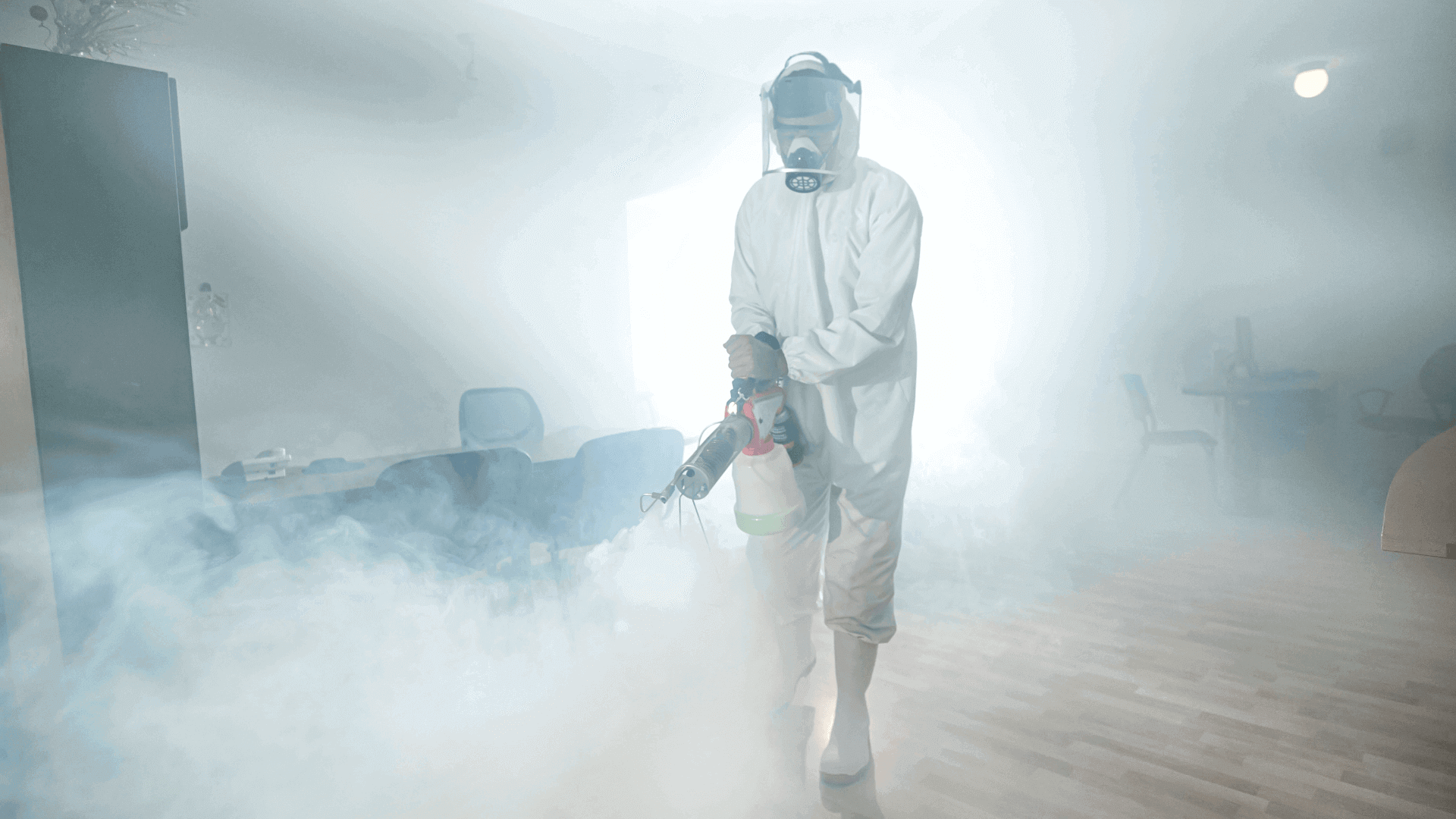
Emerging Commercial Cleaning Industry Trends
In response to the pandemic, the cleaning industry has witnessed the emergence of several trends. These commercial cleaning trends include:
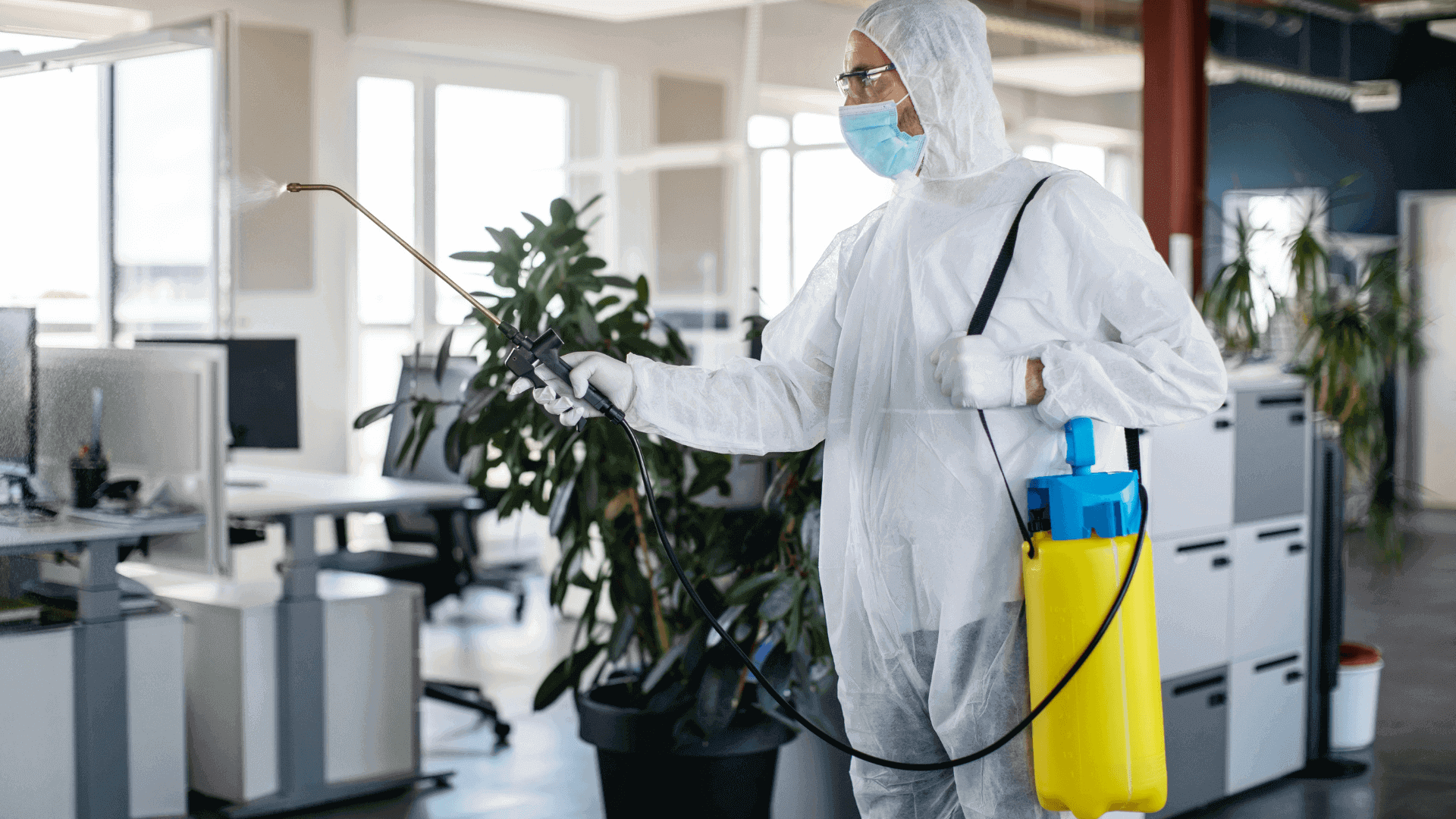
a) Enhanced Sanitization Standards and Protocols:
Commercial cleaning companies have implemented stricter sanitization standards and protocols to combat COVID-19 effectively. This includes the use of approved disinfectants, cleaning supplies, increased cleaning frequency, and the adoption of specialized equipment and technologies such as electrostatic sprayers or UV-C light disinfection. These measures aim to eliminate pathogens and create a safe environment for employees, workers and customers.
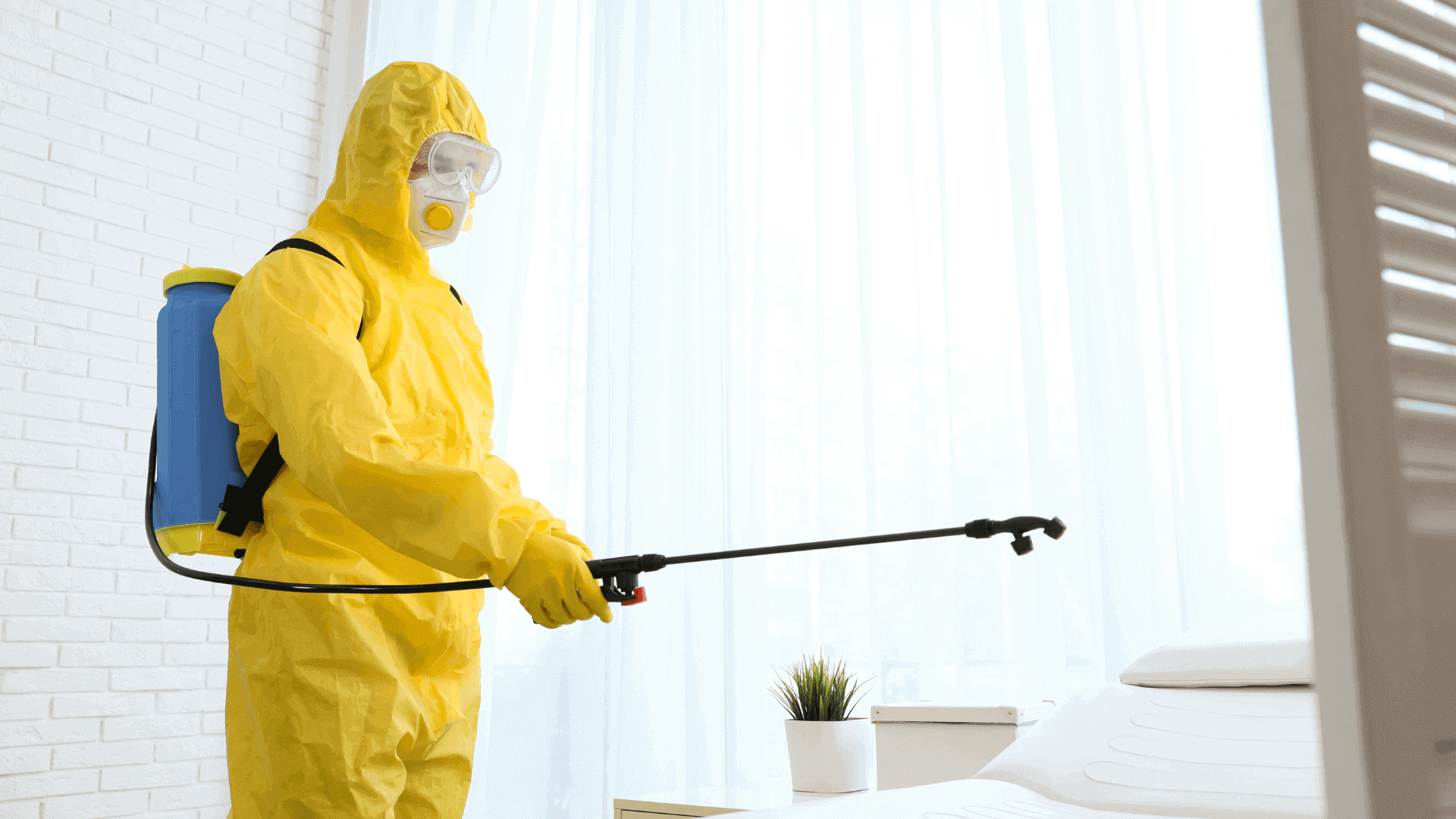
b) Increased Sanitization and Disinfection Practices
Sanitization and disinfection practices have been ramped up to minimize the risk of virus transmission. Businesses have increased the frequency and intensity of cleaning routines, paying extra attention to high-touch surfaces and commonly used areas. This includes regular disinfection of doorknobs, elevator buttons, handrails, countertops, and other frequently touched surfaces.
c ) Workforce Training and Safety Measures
To ensure the safety of their workforce, commercial cleaning companies have prioritized training programs. Cleaning personnel receive education on the proper use of personal protective equipment (PPE), handling cleaning chemicals, and adhering to health and safety protocols. Employers have also introduced additional measures such as staggered shifts, health screenings, and strict social distancing guidelines to minimize the risk of COVID-19 transmission among cleaning staff.
d) Provision of Hand Sanitizers and Handwashing Facilities:
Businesses have made hand sanitizers readily available in their premises, especially in high-traffic areas. Handwashing facilities with soap and water have also been made accessible to employees and customers. These measures encourage regular hand hygiene and reduce the potential spread of the virus.
e) Embracing Technology and Innovation:
To meet the evolving needs of the industry, commercial cleaning companies in the Philippines have embraced technology and innovation. They have integrated digital platforms for booking services, online payments, and contactless transactions. Additionally, the adoption of advanced cleaning technologies, such as robotic cleaners and automated disinfection systems, has improved efficiency and reduced human contact in high-risk areas. Contactless transactions also have gained popularity as a way to minimize physical contact and reduce the risk of virus transmission. Businesses have encouraged the use of digital payment methods, such as mobile payment apps and contactless cards, to facilitate smooth and safe transactions.

f) Opportunities for Expansion and Diversification:
The increased demand for cleaning services during the pandemic has presented opportunities for cleaning companies to expand their operations and diversify their service offerings. Some cleaning companies have ventured into specialized disinfection services for high-risk environments, such as hospitals, schools, and public transportation. Others have expanded their clientele to include commercial properties, retail outlets, and restaurants, where regular sanitization is crucial.
The COVID-19 pandemic has prompted the commercial cleaning industry in the Philippines to adapt and implement new sanitization standards to ensure the safety of cleaning businesses, their employees, clients and customers. The demand for professional commercial cleaning services has surged, leading to increased investments in equipment, supplies, training, and technology. Despite the challenges faced, the commercial doing industry has shown resilience by embracing innovation and adopting new practices. As the fight against COVID-19 continues, the commercial cleaning industry remains essential in maintaining a safe and hygienic environment for all.

